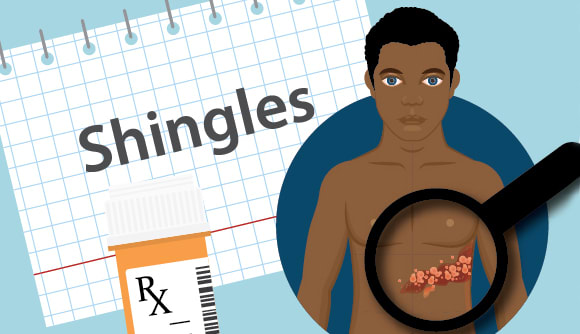More than memory loss
When is it time for a possible dementia diagnosis?
Article Author: Beth Stambaugh
Article Date:

Dementia can turn your world upside down. The disease may start with subtle signs of memory loss and progress to not recognizing family members and friends.
While we all have memory loss on occasion – it's a part of aging – that doesn't mean we are bound to have dementia or Alzheimer's disease any time soon, or at all, for that matter.
Is it normal memory loss or dementia?
Dementia is an umbrella term for a group of progressive neurological diseases that cause deterioration of cognitive ability. According to the Alzheimer's Association, there are 200 types of dementia, with Alzheimer's accounting for up to 80% of all cases.
"Memory loss by itself does not mean that a person has dementia," said Lynda Gridley, a speech-language pathologist at Baptist AgeWell Center for Health. "The brain sorts out the most significant memories, so it's typical for the average person to have memory lapses, like not remembering what they ate for breakfast last Tuesday when they are still able to remember graduating from college."
For dementia patients, immediate and short-term memories are hard to retain, while long-term memories tend to remain. For instance, they may remember their wedding day, but forget what they ate hours before.
Common symptoms of dementia
If you notice these signs in your loved one, Gridley suggested seeing a neurologist or a geriatrician for a possible dementia diagnosis.
Impaired immediate/short-term memory.
People with dementia might have trouble learning new things, especially when placed in a new environment and out of their comfort zone. Simple tasks, like cooking or cleaning, may seem overwhelming.
Difficulties with time.
They may begin to miss appointments or take their morning medication twice in one day because they can't keep track of time.
Trouble with words.
The words they are looking for get lost in translation. They might be able to describe it, but cannot find the right words or forget what they are trying to say mid-sentence.
Decreased recognition of the difficulties they are having.
They may have a lack of insight or deny recent difficulties.
Getting lost in familiar places.
They may get lost in the local park or grocery store they've been going to for many years.
"Watching someone you care about experience a progressive decline in mental ability can be tough on everyone involved," said Gridley. "The sooner a person is diagnosed, the better because treatment and therapy are most effective when started early in the disease process."
Talk to your doctor about dementia
To learn more about assessing your memory health and determining your risk factors for dementia, visit Baptist AgeWell or call 904.202.4AGE (4243).



